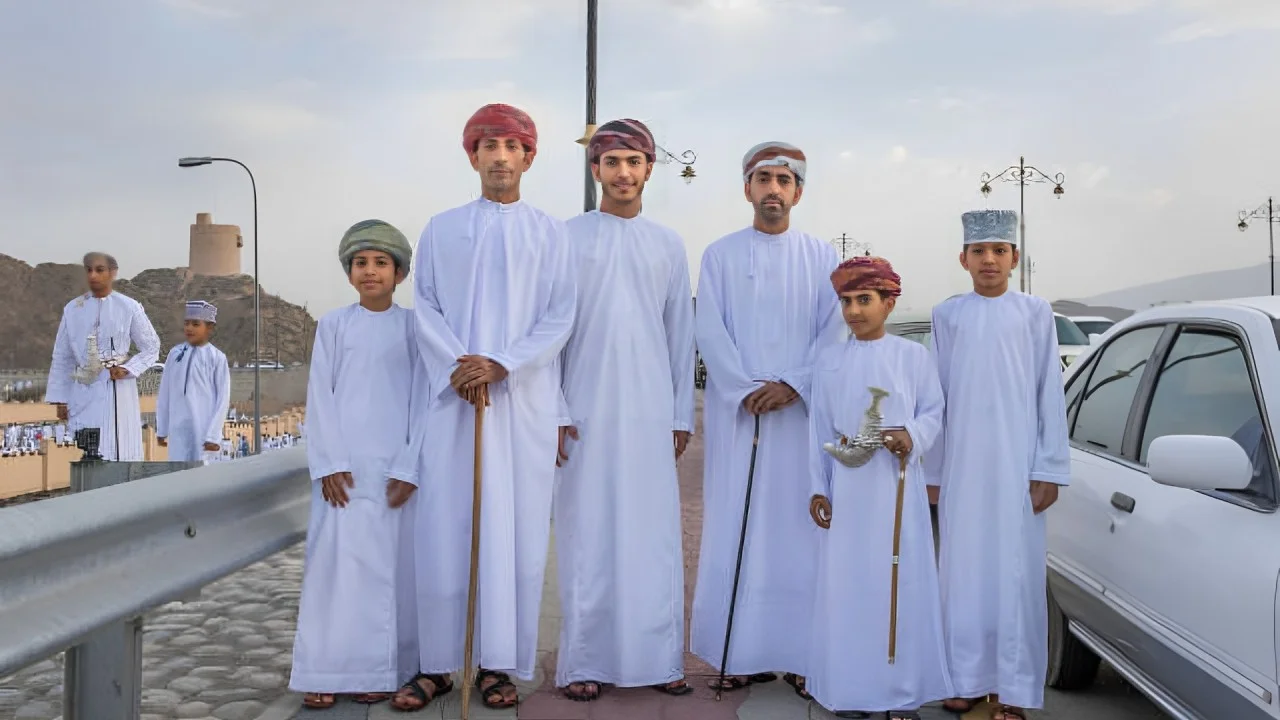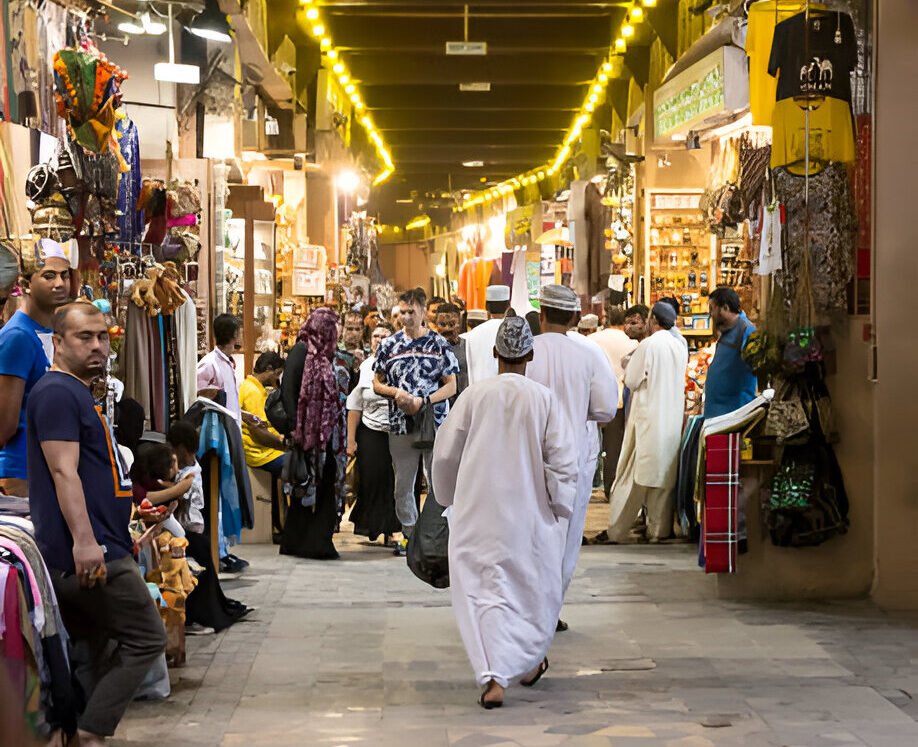

Travelling to new places, like Oman, offers unique and rewarding experiences. However, to ensure your journey is positive and respectful, it is crucial to adhere to local customs and dress codes. Understanding these customs, including how to dress appropriately, is a key part of demonstrating cultural sensitivity and respect for the people of Oman. Here’s a guide to respecting local customs and dress codes in Oman.
Cultural sensitivity means recognizing and appreciating the differences and similarities between cultures. In Oman, respecting local traditions and understanding specific customs will not only enhance your travel experience but also help you avoid misunderstandings or unintentionally offending others. Being culturally aware can make your visit to Oman more enjoyable and meaningful.
Before you embark on your journey to Oman, take some time to research the local culture. Learn about customary courtesies, daily customs, and lifestyle norms to understand how to behave respectfully. In Oman, greetings, social interactions, and hospitality are deeply rooted in tradition.
Dress codes in Oman are conservative, particularly for women. Modest clothing is expected, especially in public places. While men often wear trousers, women should avoid revealing clothes and cover their shoulders and knees. Dressing appropriately in Oman shows respect for local traditions and avoids uncomfortable situations.
In Oman, as in many Muslim countries, modesty is highly valued. Both men and women should dress conservatively, particularly in religious or rural areas. Women are advised to cover their shoulders, knees, and sometimes their heads, while men should avoid shorts in public spaces.
Oman has many religious sites, and dress codes are particularly strict when visiting mosques or other religious places. Visitors are expected to cover their arms and legs, and women may be required to cover their hair. Removing shoes before entering mosques is also customary.
Omanis are known for their hospitality and respectful greetings. A handshake is common among men, while women may be greeted with a nod or a polite bow. It’s also important to learn basic greetings in Arabic, such as “As-salaam alaykum” (peace be upon you) and “Shukran” (thank you).
In Oman, personal space can vary depending on the situation. While Omani people are generally warm and welcoming, maintaining a respectful distance, especially between men and women, is important.
Dining customs in Oman are influenced by Islamic traditions. It’s polite to leave a small amount of food on your plate, indicating that you are satisfied. Always eat with your right hand, as the left hand is considered unclean in Omani culture.

In Oman, public displays of affection, consumption of alcohol in non-designated areas, and photographing certain sites without permission may be prohibited. Understanding and following local laws will help you avoid legal issues and demonstrate respect for the culture.
Gestures you may use at home could be misinterpreted in Oman. Avoid pointing with your finger or showing the soles of your feet, as these actions are considered impolite in Omani society.
In Oman, it is important to follow the customs and practices of religious communities, especially when visiting mosques. Remove your shoes, cover your body appropriately, and remain respectful during prayers or religious ceremonies.
If invited to participate in a religious or cultural event in Oman, observe the behaviour of locals and follow their lead. This will ensure you engage in a respectful and meaningful way.
Learning a few basic Arabic phrases will go a long way in Oman. Simple greetings, expressions of gratitude, and polite requests show respect and interest in the local culture.
Omanis are proud of their rich heritage. Showing a genuine interest in their customs and traditions will help you build positive relationships with the locals and make your experience more rewarding.
Women should dress conservatively in Oman. Avoid tight or revealing clothing, and always carry a shawl to cover your shoulders if needed. In more rural or religious areas, wearing a headscarf may be required.
Women in Oman should be mindful of their behaviour in public, avoiding excessive physical contact or displays of affection. Being respectful of local gender norms is essential when travelling in Oman.
Respecting Oman’s dress code and local customs is essential for any traveler. By understanding the cultural expectations, dressing modestly, and following social norms, you can ensure a respectful and enjoyable experience in Oman. A mindful approach to travel not only enriches your own journey but also fosters positive interactions with the local community, creating lasting memories.
Never miss any important news. Subscribe to our newsletter.







